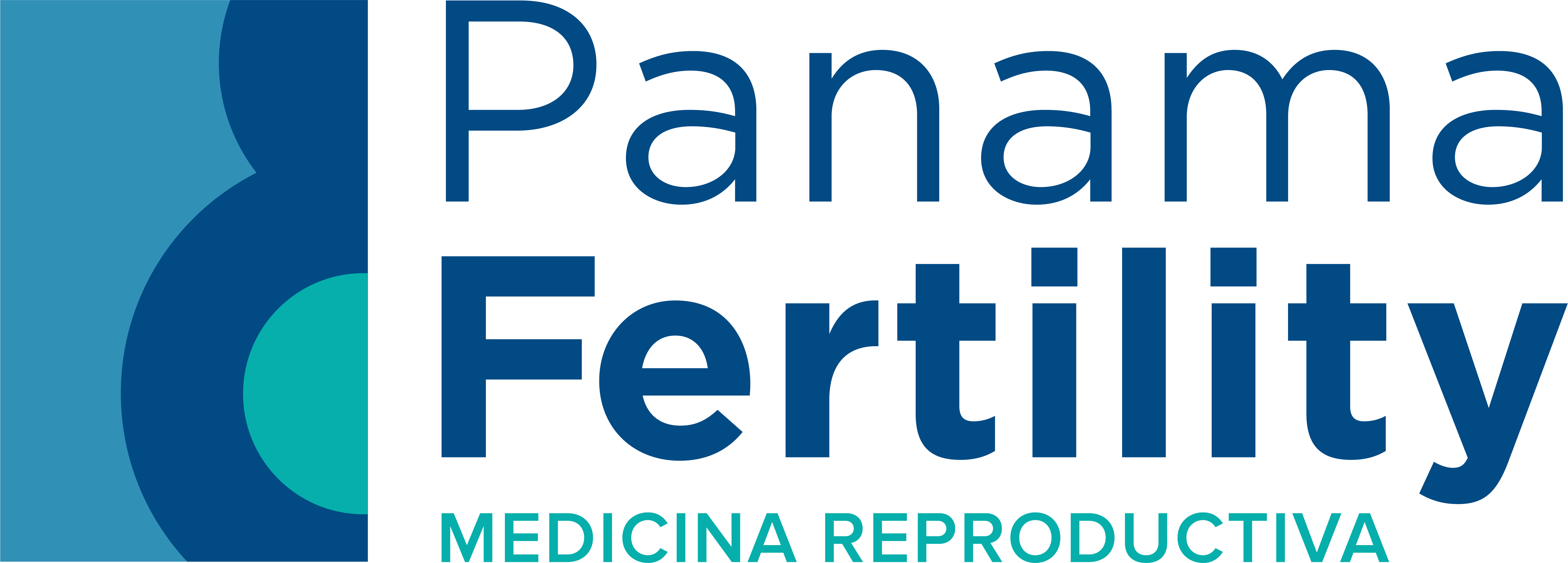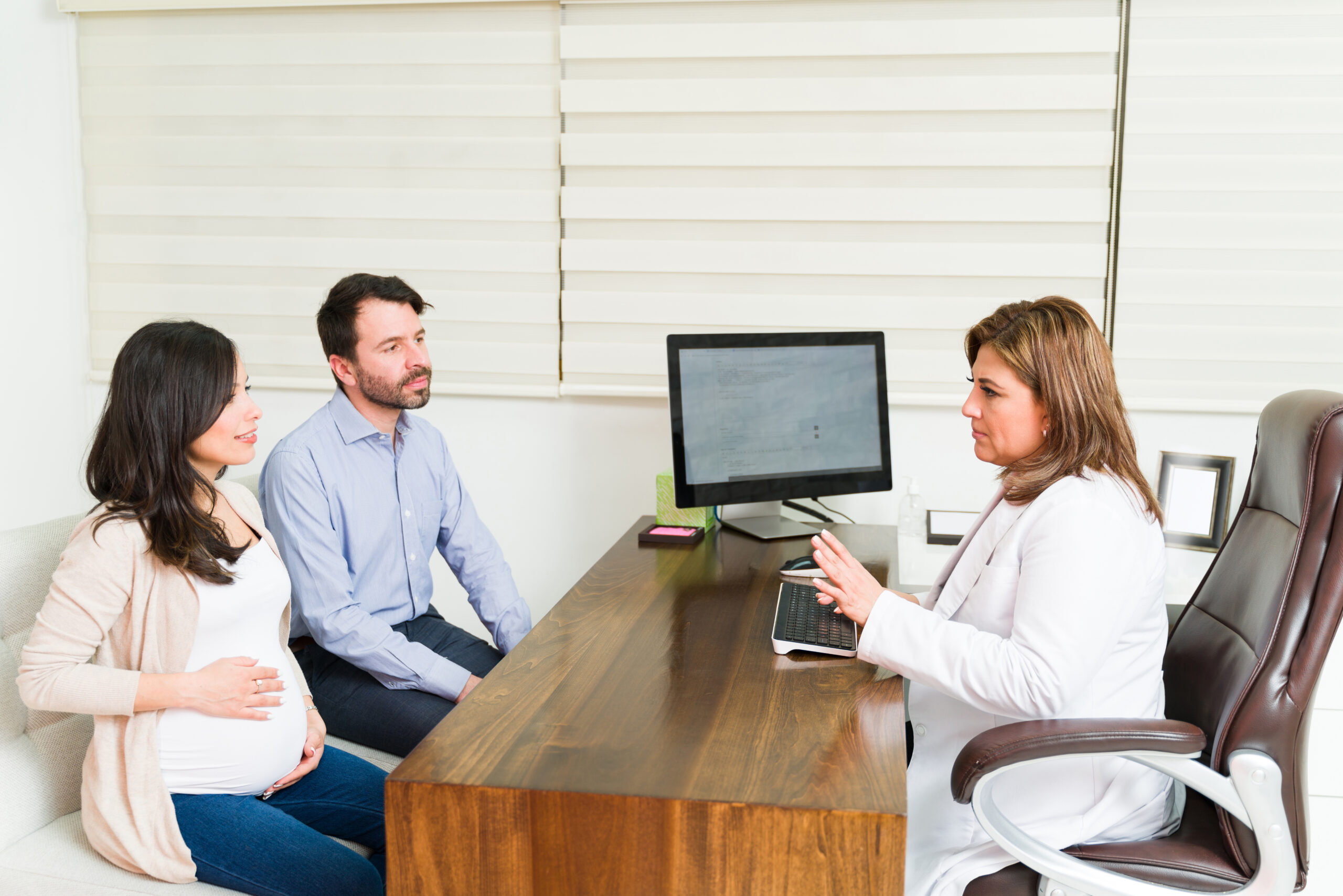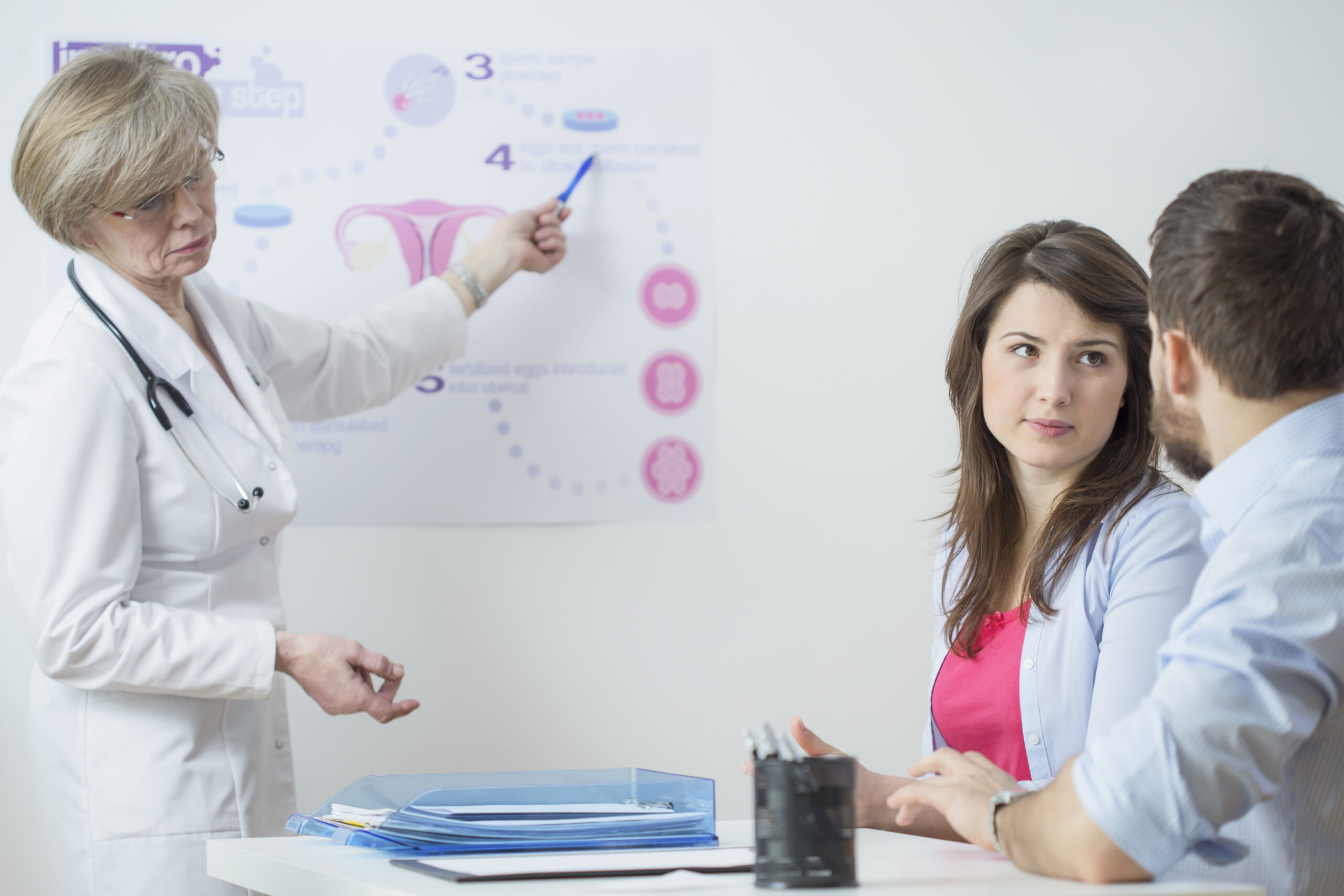Sperm parameters before and after Covid-19 vaccination
Covid-19 has caused much concern amongst couples who are trying to conceive. First, was the international shut down of fertility clinics. Thankfully, that delay in treatment was only for two months, but this meant a backlog of postponed cycles and a waiting list for treatment at many clinics across the USA.
In parallel to the anxiety of securing a date for treatment was the worry of catching the virus and the implications that might have for family building options. Social media has fuelled the fears of many couples with fake news like vaccines make you infertile! This rumour has now been scientifically proven to be false.
Dr. Mario Vega Croker, Scientific Director at Panama Fertility said, “We are following all the latest research on the implications of Covid-19 and its effects on fertility. So far, we know the virus itself can be dangerous for couples who are trying to conceive. Therefore, we advise all of our patients to get vaccinated at the earliest opportunity. We treat a lot of couples from the USA who are able to travel to Panama. Vaccination is another precaution that we can take to ensure our clinic is Covid-19 secure
Much of the focus has been on the implications of vaccines on female partners, however a new study conducted by researchers the University of Miami is the first to look at COVID-19 vaccines and sperm count. They assessed the semen samples of 45 volunteers prior to vaccination and then assessed them again 70 days after their second jab.
In parallel to the anxiety of securing a date for treatment was the worry of catching the virus and the implications that might have for family building options. Social media has fuelled the fears of many couples with fake news like vaccines make you infertile! This rumour has now been scientifically proven to be false.
Dr. Mario Vega Croker, Scientific Director at Panama Fertility said, “We are following all the latest research on the implications of Covid-19 and its effects on fertility. So far, we know the virus itself can be dangerous for couples who are trying to conceive. Therefore, we advise all of our patients to get vaccinated at the earliest opportunity. We treat a lot of couples from the USA who are able to travel to Panama. Vaccination is another precaution that we can take to ensure our clinic is Covid-19 secure
Much of the focus has been on the implications of vaccines on female partners, however a new study conducted by researchers the University of Miami is the first to look at COVID-19 vaccines and sperm count. They assessed the semen samples of 45 volunteers prior to vaccination and then assessed them again 70 days after their second jab.
No significant decrease
The two semen samples were analysed for semen volume, sperm concentration, motility and total sperm count. The researchers found no significant decrease in any of the parameters between the samples pre vaccine and post vaccine.
Jesse Ory, Urology Fellow in Infertility/Andrology, University of Miami said, “It was an unknown area that was making guys nervous to get the vaccine.”
Hugh Taylor, M.D, President of the American Society for Reproductive Medicine (ASRM) said, “The news that the COVID-19 vaccine has no impact on sperm count should come as no surprise. The finding that mRNA vaccines, including the Covid-19 vaccine don’t negatively affect male reproductive potential is good news now, as well as good news for future coronavirus outbreaks.”
Jesse Ory, Urology Fellow in Infertility/Andrology, University of Miami said, “It was an unknown area that was making guys nervous to get the vaccine.”
Hugh Taylor, M.D, President of the American Society for Reproductive Medicine (ASRM) said, “The news that the COVID-19 vaccine has no impact on sperm count should come as no surprise. The finding that mRNA vaccines, including the Covid-19 vaccine don’t negatively affect male reproductive potential is good news now, as well as good news for future coronavirus outbreaks.”
Men under 30 most vaccine resistant in US
Dr. Taylor continued, “ASRM has long recommended that women and men get vaccinated no matter where they are on their family-building journey. And, for men age 30 and under, the most vaccine-resistant population in the U.S. this is the second good reason for them to get the Covid-19 vaccine. One of the study’s authors Dr. Ranjith Ramasamy’s earlier work established that having Covid-19 could increase the chances of men having erectile dysfunction.”
Contracting Covid-19 could impact fertility
Dr. Sigal Klipstein, Chair of the Ethics Committee at ASRM said, “Men are half the couple. Men have just as much impact on fertility as women and it’s important to make sure that their concerns are addressed as well. Getting Covid-19 can be potentially detrimental to their fertility, and getting the vaccine is safe and could even protect fertility by protecting you against the severe effects of Covid-19 disease.”
Any couple who are embarking on their fertility journey are encouraged to get vaccinated and should speak to one of our medical doctors if they have any concerns about their fertility.
Any couple who are embarking on their fertility journey are encouraged to get vaccinated and should speak to one of our medical doctors if they have any concerns about their fertility.





